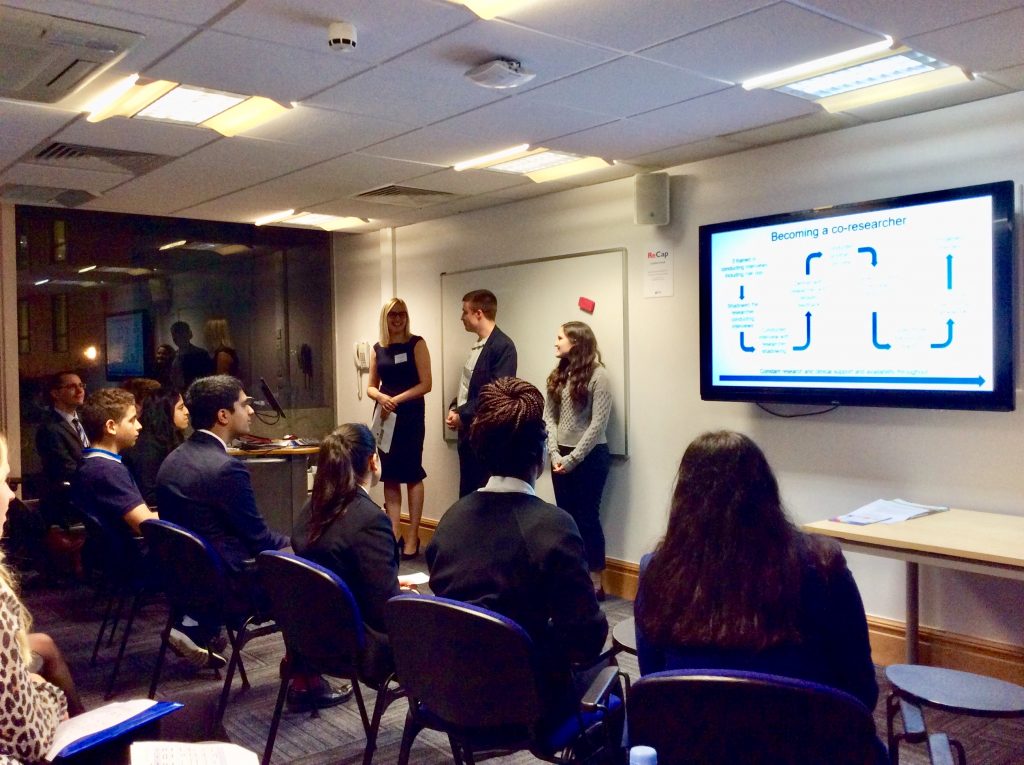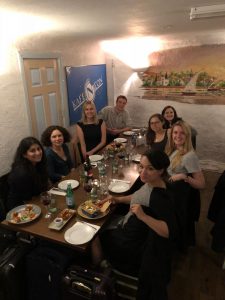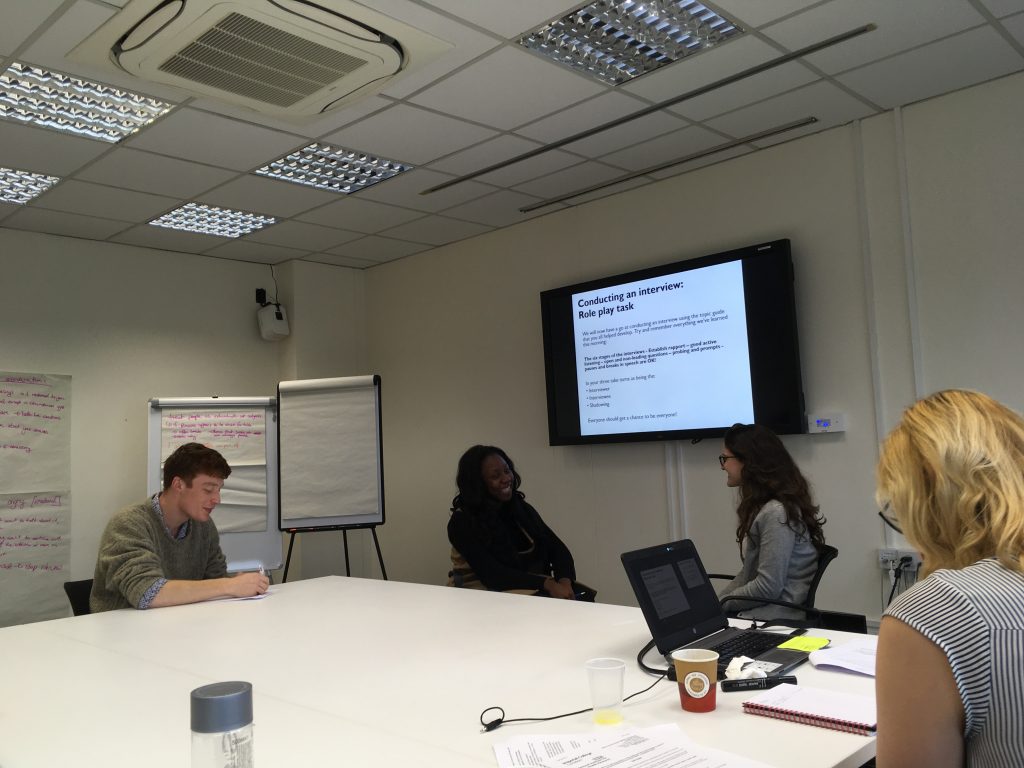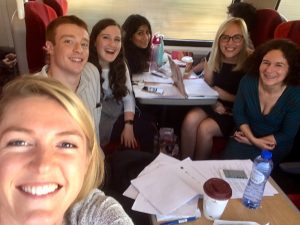
“Please indicate whether your research will include patient and public involvement.” Ticks box.
Rapidly fading are the days when involving patients and the public in research is merely a tokenistic gesture, in favour of meaningful involvement and co-production.
Patient and public involvement (PPI) is research that’s carried out with and by patients, carers and public members, rather than to, for or about them. Co-production takes this one step further; here, researchers work with these individuals throughout the entire project – from start to finish.
The National Institute for Health Research (NIHR) has developed five main principles for co-production:
- Sharing power
- Including all perspectives and skills
- Respecting and valuing the knowledge of all those working together
- Reciprocity
- Building and maintaining relationships.
While these are helpful in guiding work, practical detail about how to achieve these principles in different contexts, or how to overcome challenges that might arise, has been lacking.
There are also a limited number of studies showcasing research against these principles. Moreover, none have focused on young people with experience of mental health difficulties.
That’s why we’re proud to announce our latest publication, which we believe to be the first to describe the process of co‐producing a qualitative mental health research study with young people, in line with the principles of co‐production. It’s co-authored with three young people and gives reflections, impacts and recommendations.
Who did we involve and how?

Our project explored young people’s perceptions of using technology to detect deteriorating mental health. It was co-produced with young people with experience of mental health difficulties. They were involved in the design, ethics, management, decision-making, data collection, analysis and dissemination stages of the study.
There were seven young people on an advisory group (‘YPAG’) and three became co-researchers, who conducted interviews with young people with current mental health difficulties and coded the interview transcripts. To upskill the co-researchers, they underwent training over two days, including observing and practising interviews and thematic analysis. They were also given homework to familiarise themselves with the interview questions and to practice with friends.
During the data collection stage, they shadowed the researcher carrying out an interview and were then shadowed doing an interview. After each interview we reflected, gave feedback including what went well and what improvements could be made and discussed any safeguarding issues.
How did this add to our research?
The co-researchers suggested novel ways of recruiting research participants, such as a lunch meet and greet in a mental health setting, as they said if it had been them, they would have been encouraged to sign up if they had an opportunity to meet the researchers and ask questions. The research was positively impacted, evidenced by the co-researchers’ ability to rapidly develop a rapport with interviewees, appropriately probe deeper during the interviews and understand terminology that surfaced, due to their personal experiences.
What were the challenges?
Although we originally set up a wider YPAG, we soon realised that those who were on the advisory group were less involved in the decision-making than those who had interviewed the participants. I.e. the three co-researchers.
One of our co-researchers, unfortunately, had to stop working on the project, due to personal reasons, so we had to recruit a new member, bring them up to speed and integrate them into the group quickly. After the project ended, co-researchers said they would have liked more time to practice interviewing, as they felt they asked leading questions at times, which could have affected the rigour of the data. However, the feedback sessions with the lead researcher helped with this. As with all co-produced projects – everything took more time and money than we expected.
As the young people got more involved in the project, more and more ideas were generated, creating further opportunities for involvement. To support this, we secured further funding from our research centre, a luxury all projects do not have.

What did we learn?
This process taught us a lot. Some of the main things we learned were:
- It is important to build an environment that’s safe and open. We achieved this by offering support, taking time to build relationships and sharing things about ourselves, which allowed others to open up.
- Regular communication is key, and a WhatsApp group works well to allow everyone to be involved in decisions and have their say.
- There is a need to involve several service users, healthcare professionals and researchers, as a co-produced project can be time-intensive. This also ensures key stakeholder voices are represented if anyone has competing commitments.
- The same co-researchers should be involved in the overall management and dissemination of the project, as well as doing the research, as they developed key knowledge of the project delivery.
- It was useful to have at a sounding board to discuss challenges as they arose; this was done between the lead researcher and the patient involvement lead. All projects might have different challenges due to co-production being about people and relationships.
- Get all team members to reflect throughout the process and feedback, so that issues are surfaced, any issues are addressed and impact of the co-production is captured.
- Co-researchers with similar experiential knowledge to the participants may be able to understand specific language in interviews more deeply, due to their personal experience. They can therefore probe more and come up with different codes than the researcher, making for a more holistic analysis.
- Recognise that it’s ok for some roles to fall to specific people due to their skills and capacity. For example, the lead researcher managed the budget and logistics, so as not to burden the young people, as well as the training in qualitative methods.

This project has been a brilliant opportunity for us to develop a solid foundation for our co-production work, and our journey is far from over. We’re really looking forward to applying what we’ve learnt in our next project, which is exploring young people’s mental health and coping styles during and after the COVID-19 lockdown.
If you’d like to find out more about our study, head over to Health Expectations journal to read our publication in full.
The study was run at the NIHR Imperial Patient Safety Translational Research Centre (funded by the National Institute for Health Research), part of the Institute of Global Health Innovation, and led by Dr Lindsay Dewa. Contact l.dewa@imperial.ac.uk if you want to hear more.
Anna Lawrence-Jones is IGHI’s PPIE Lead, and Lindsay Dewa is an IGHI Research Fellow.